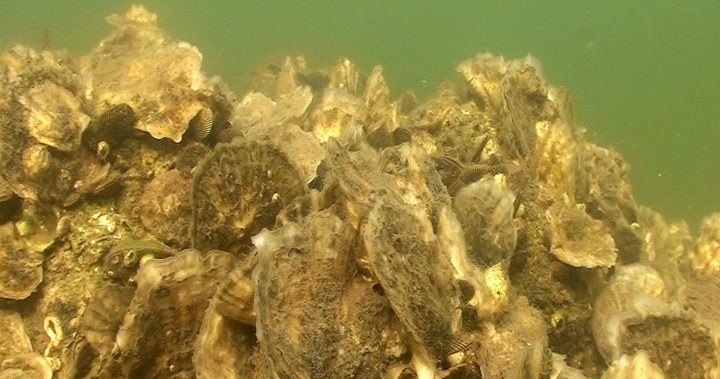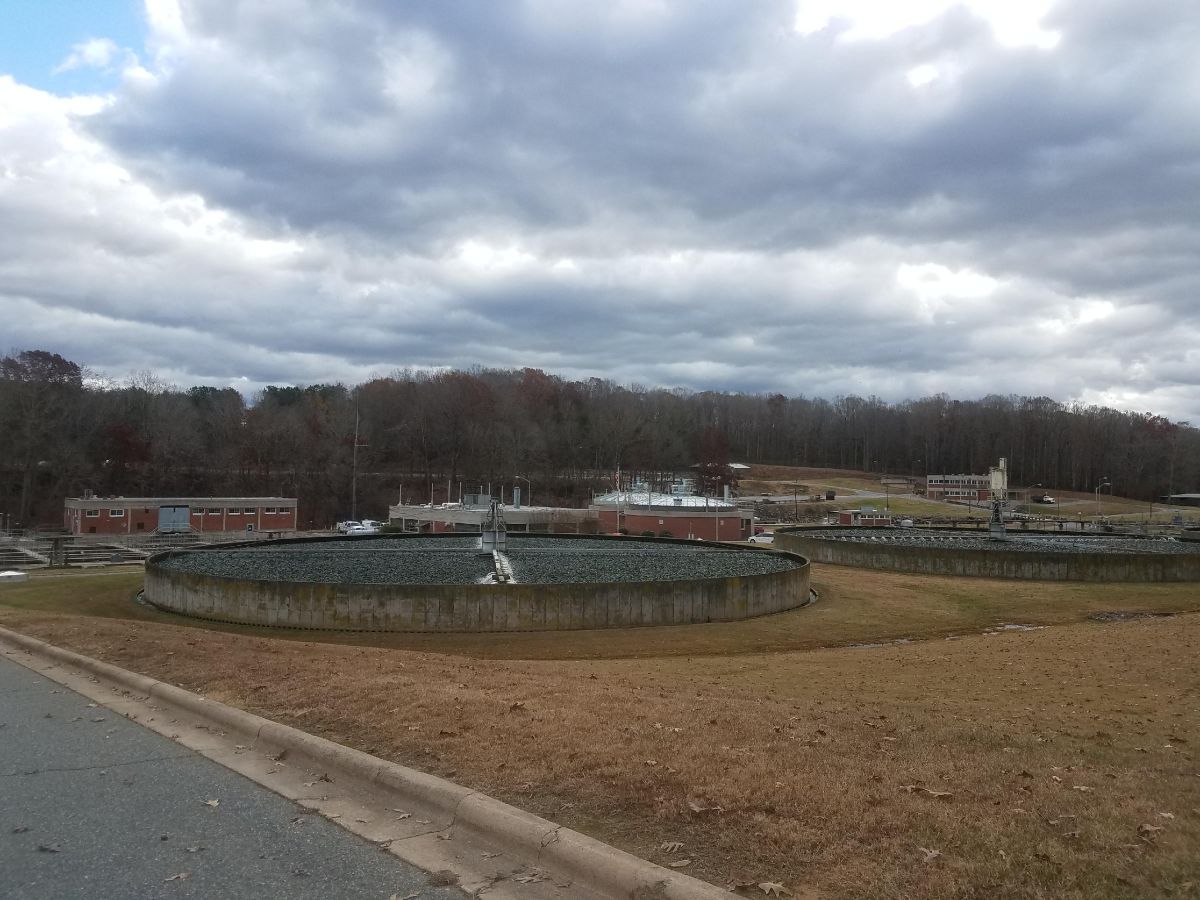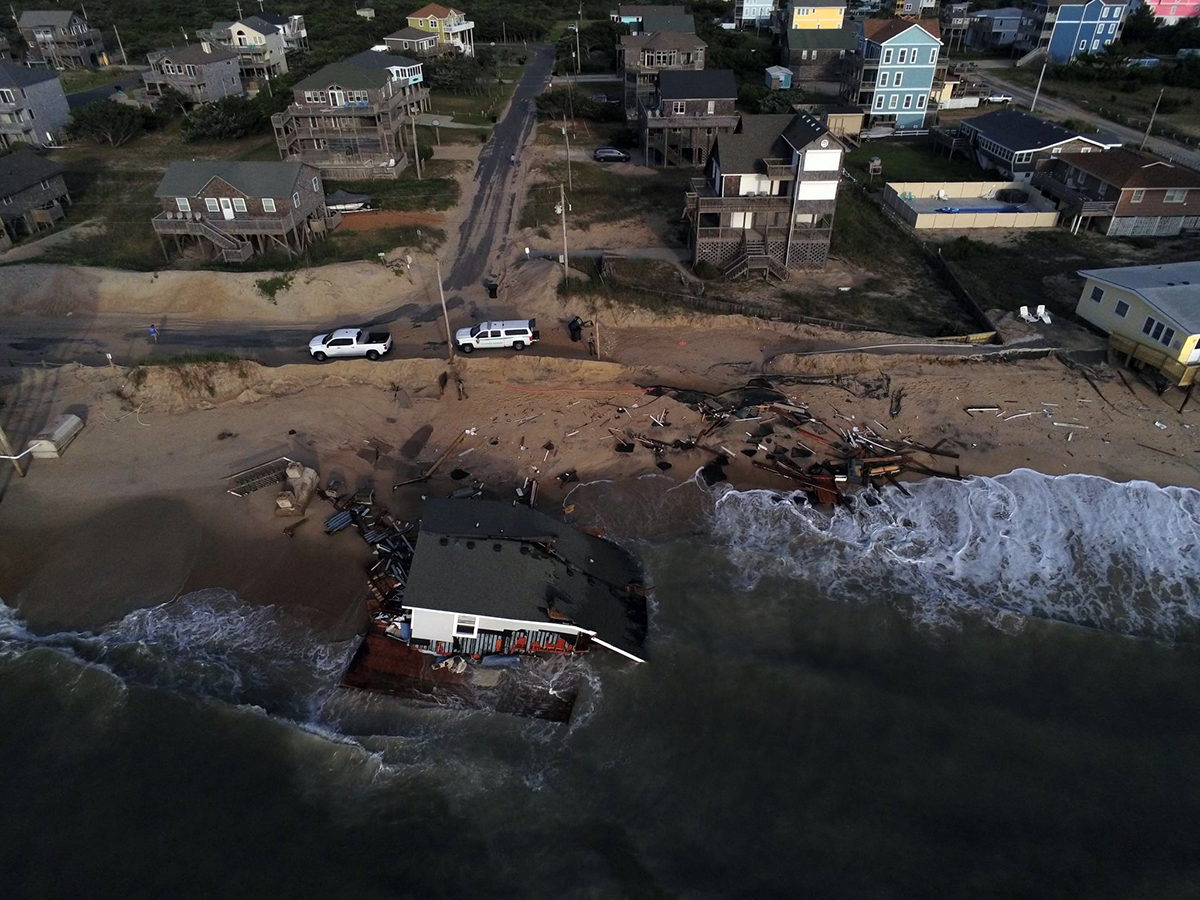
RALEIGH – Long-term efforts to expand shellfish leasing in North Carolina waters cleared another legislative hurdle this week, an indication that, unlike last year’s bill, this one is on its way to becoming law.
The new bill, hammered out in a yearlong stakeholder process after the failure of last year’s legislation, is drawn in part from a strategic plan developed last year by the University of North Carolina Chapel Hill-based North Carolina Policy Collaboratory.
Supporter Spotlight
The plan calls for a shift away from policies similar to those of other states, such as Louisiana and Virginia, that use large-scale leases. Instead, there’s a focus on smaller lease sizes with higher yields, like the approach used in Massachusetts and Maryland. Increasing the yield per acre, the report said, would also lessen the chance for potential conflicts with other users.
Last year’s legislation ran aground over opening Pamlico Sound to large-scale shellfish leasing. That plan started with the prospect of leases of up to 2,000 acres and although it was scaled back to 200 acres, even that size worried local producers that larger out-of-state companies could control the market.

Rep. Pat McElraft, R-Carteret, said the major change this year was the recognition that there are multiple uses for the state’s public trust waters.
“There are a lot of user groups out there, there are boaters, there are fishermen, there are duck hunters,” McElraft said. “We have to make sure these things are placed in the proper way so we don’t have these conflicts.”
McElraft and others said the stakeholder process used to develop the bill language was critical to finding a way to expand the industry without creating more conflicts with other groups.
Supporter Spotlight
Todd Miller, director of the North Carolina Coastal Federation, which publishes Coastal Review Online and facilitated the dozens of stakeholder meetings during the past 18 months, said the discussions included hundreds of people who support expanding the shellfish farming industry as long as it is compatible with existing fishing practices, public trust uses and coastal environmental and economic needs.

“The strategic plan they devised promotes a major new economic industry along our coast that must have clean and productive coastal waters,” Miller said. “The federation is honored to have helped diverse stakeholders work together so they could forge this strategy. It’s a good beginning. Passage of this legislation means there’s much hard work that remains to be done.”
Enterprise Areas, Moratoriums, Studies
The new plan authorizes the state Division of Marine Fisheries to set up one or more shellfish enterprise areas and a streamlined permitting and leasing process for them. It also launches a large-scale pilot program in Pamlico Sound, but limits it to three, 50-acre leases. In addition, no one company would be allowed to own all three of the leases.
The legislation also calls for a moratorium in New Hanover County and Bogue Sound in Carteret County on new shellfish cultivation and water column leases. In New Hanover County, the moratorium would be for waters from the Wrightsville Beach Bridge through Masonboro Inlet to the waters off Peden Point, and in Bogue Sound in Carteret County from the U.S. 70 high-rise bridge in Morehead City to the Emerald Isle bridge. The moratorium would take effect July 1, 2021.
Several studies are mandated in the bill, including a look at ways to reduce use conflicts, the potential for a crop insurance program for shellfish, a low-interest loan program and a review of penalties for shellfish violations.
‘Commerce for North Carolina’
One part of the bill that has drawn criticism from growers is the new production requirements, which proponents say are necessary to make sure the waters are being used to their full potential. McElraft said the requirements had to be part of any expanded leasing program.
“I think it’s important that they do have a production level. This isn’t something for just personal use, this is commerce for North Carolina,” she said.
Jerry Schill, director of government relations for the North Carolina Fisheries Association, told legislators that although there are some concerns about the production requirements, the bill was a good step forward. But he did caution against trying to discourage larger companies.

“This isn’t a panacea. It takes a lot of money to get into this business,” Schill said. “The big boys better get involved because they’re the ones with the cash.”
The aquaculture bill is paired with elements of budget legislation approved last month by the House and likely to be part of the final round of budget negotiations.
The House budgeted $300,000 in the first year to the Division of Marine Fisheries as startup funding for the new leasing program and $150,000 a year after that for a district manager and fisheries technician assigned to it.
The Senate did not include direct funding for the new program but did budget $1.5 million for each year of the budget for the Jean Preston Oyster Sanctuary Network.
The House this week formally rejected the Senate budget, triggering a conference committee to work out the differences in the plans. Leaders in both chambers said they expected to have an agreement before the close of the fiscal year at the end of this month. Should they fail to do so, a contingency budget mechanism kicks in that would fund departments and agencies at current levels.
Farm Bill, Trust Funds
The North Carolina Farm Act of 2019 passed a key committee and is heading for a final vote as early as this week.
The Senate Agriculture, Environment and Natural Resources Committee approved the measure Wednesday. The bill’s supporters rejected an amendment by Sen. Harper Peterson, D-New Hanover, to initiate a study on dry litter practices in the state’s fast-growing poultry industry. Peterson said the state has almost no oversight of the what happens to the waste and needs the study to better understand the industry.
Bill sponsor Sen. Brent Jackson, R-Sampson, said further study wasn’t warranted. He said he had not heard of any problems with how the waste is handled. The amendment was defeated by voice vote.
The House this week was expected to pass a bill to revamp some of the state boards and commissions ruled unconstitutional last year in a court fight between the legislature and the governor over separation of powers.
Senate Bill 381 would amend appointments to the Clean Water Management Trust Fund and the Parks and Recreation Trust Fund to give more seats to the governor as required by the court ruling.
It also adds hazard mitigation grants to one of the possible uses for the grants by the Clean Water Management Trust Fund and adds basin-wide and regional water management planning to its list of grant criteria.







